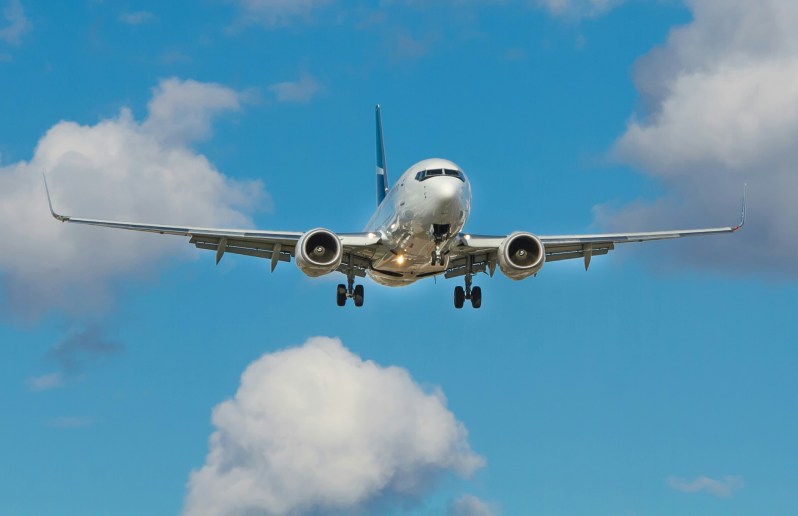When the day of a trip arrives, there’s a feeling of freedom and excitement. Whether you’re going for some spring skiing in Lake Tahoe, or visiting Italy’s Amalfi Coast, it’s a time to relax and unwind and experience new things. But airport hangups can throw a wrench in your plans.
Flight delays and cancellations, lost baggage, and hidden fees make your getaway a hassle, producing long waits and questionable charges. But all that’s set to change with the Department of Transportation’s (DOT) new rules for airlines. For travelers, they’re a game changer. Here are the details.
New DOT regulations save travelers money

Facing a flight cancellation or delay, or dealing with lost baggage brings a helpless feeling. What can you do? You still need to get where you’re going, and you can only hope your bags do too. When it comes to fees and add-ons, the same applies — they’re just a part of the process, and you’re stuck paying them unless you want to cancel your plans. Thankfully, the DOT just intervened, introducing new protections for these very issues.
In the past, in the event of a flight delay, the airlines were in control. They decided how long a delay lasted before issuing a refund. When that did occur, it was often in the form of travel vouchers, with no set timeline for issuance. (And, sometimes, those vouchers came with strings.)
Now, for domestic flights delayed three hours or more, or international flights delayed six hours or more, airlines must issue cash refunds within seven days. The rule states that customers are “entitled to a refund if their flight is canceled or significantly changed, and they do not accept alternative transportation or travel credits offered.”
Airlines have six months to implement automatic refunds when owed.
The same applies to checked bag fees. On domestic flights, bags must be delivered within 12 hours, and on international flights, within 15 to 30 hours. If not, customers receive a full cash refund.
That’s not all. The regulations also offer protections against hidden fees, estimated to save Americans billions of dollars annually. Moving forward, airlines and ticket agents must disclose beforehand the cost of changing or canceling a reservation, and for checked or carry-on bags. On carriers’ websites, those fees must appear when customers initially view schedules and pricing.
Now when you fly, you get what you pay for

As fun as traveling is, it takes time and money. Flight delays and cancellations, lost baggage, and hidden fees make things difficult and can put a dent in your wallet. The DOT’s new rules ensure you’re protected when hangups occur, and that you receive a prompt refund. That’s only fair. Now, you can travel with peace of mind, even if a flight’s delayed, knowing you’ll be treated right. So go ahead and book that ticket, and get ready for your next excursion.




